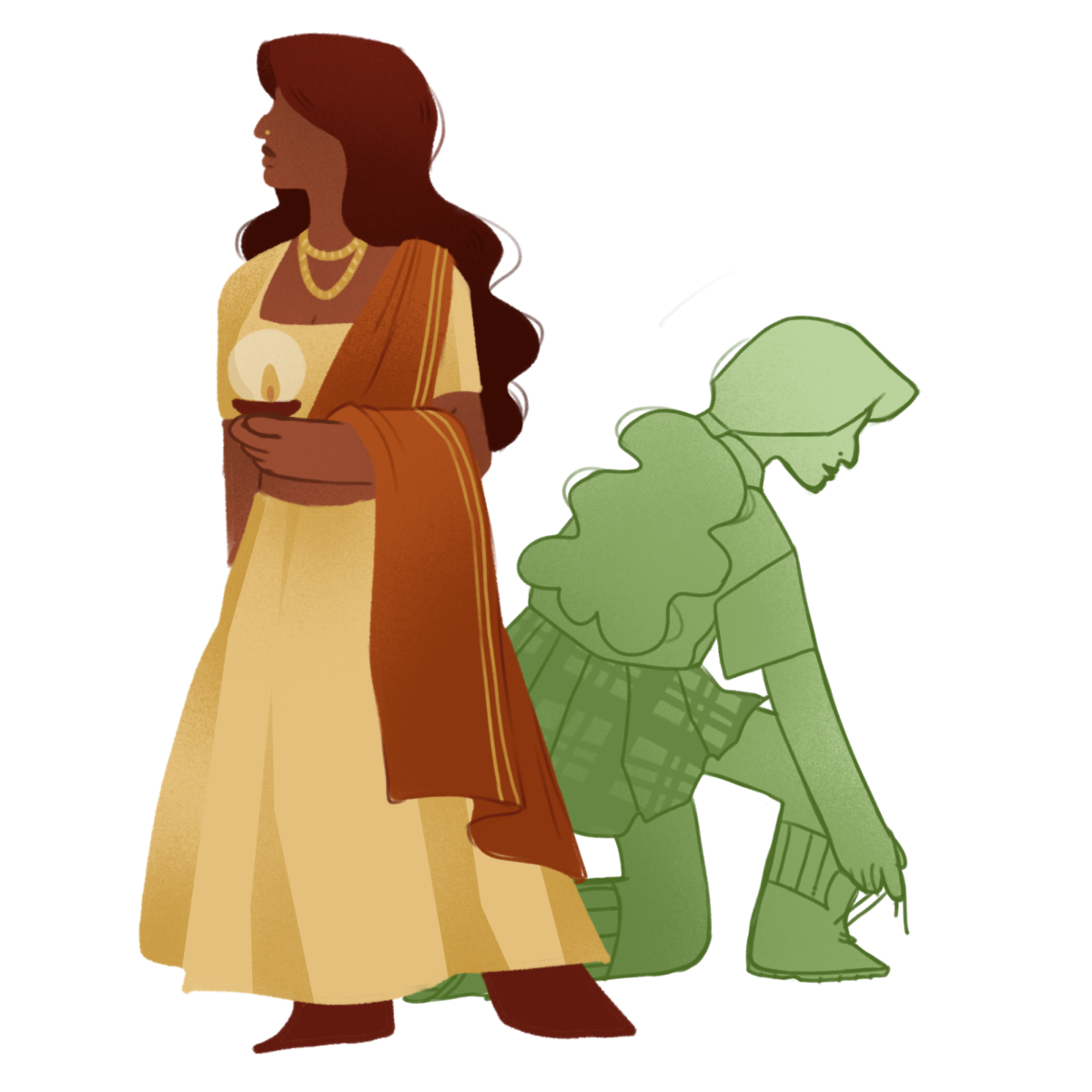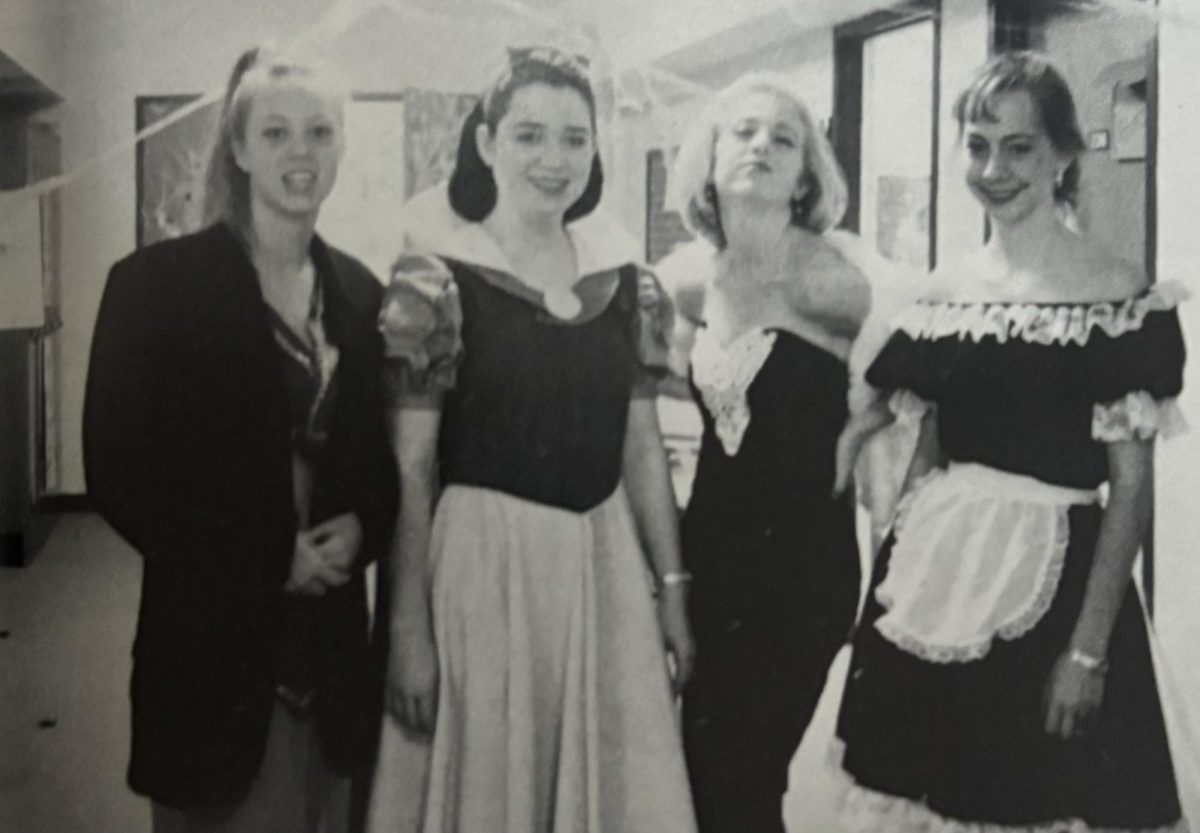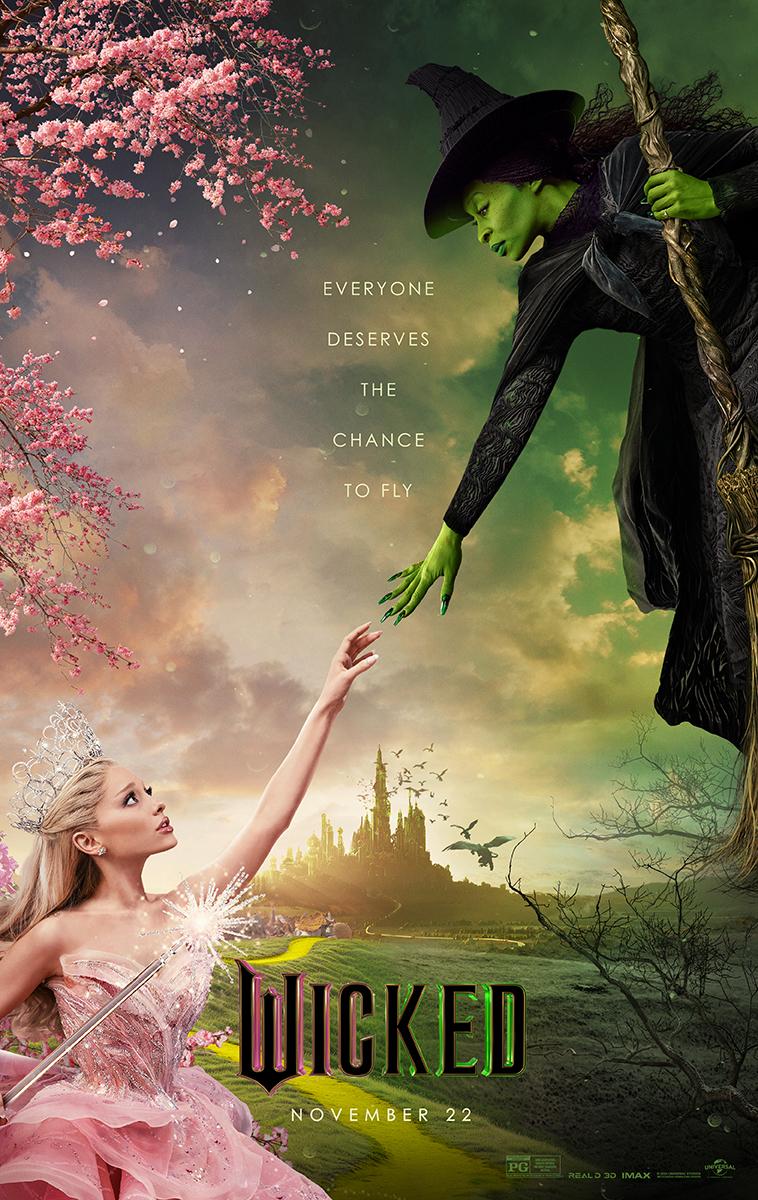Kay offers alternate ways to fit reading into the schedule
“Twitter means the end of the novel!” “The internet has destroyed our attention spans!” “Today’s children don’t read books!” We’ve all heard these apocalyptic headlines, predicting the end of reading as we know it. Curious to find out the truth of these rumors, I conducted a small poll.
Using data from 55 Hockaday Upper School students, I found that, on average, we read a little more than one book outside of our required reading every month, which, really, is very good. If you assume that the standard book is 300 pages long, then one book every month translates into ten pages a day, a solid pace.
Most of the students I interviewed, however, believe they do not read enough. They feel guilty.
The problem, they tell me, is not that they don’t love to read, they do: they loved Harry Potter; they thought their sophomore English books were fantastic; they adore John Green’s novels. The problem is, everyone says, “I just don’t have enough time.”
As president of Book Club, I’ve thought a lot about this problem, and there are three points in the reading process which suck up so much time and effort that people feel discouraged enough to quit. Happily, I think that there are solutions to each time-suck.
The first is the act of picking a book. Personally, I think that finding a book that you like and want to finish is the hardest part of the entire business. The long rows of bookshelves at the bookstore or at the library (or on your e-reader screen) intimidate you. Unsure where to begin, you’re paralyzed by indecision. How do you make this choice easier?
Let other people help you decide. Listen to recommendations from friends, magazines, your librarian and Oprah. Rather than the bookshelves, look at the displays at your library or bookstore. Check to see if your favorite authors have published new books. Suddenly, the choice is straightforward. The next issue is that of getting the book into your hands. The trip to the bookstore or library, even though it may be a mere two minutes long, requires planning. You have to convince your mom to take you there, or you have to convince your mom to let you have the car keys. Then someone has to turn on the car, and drive it, and park it, and get out, and get back in and drive back home. It’s exhausting. How can you simplify the process?
Reading does not require a long journey. Use the Hockaday library. It’s incredible, and just a short walk from anywhere on campus, no planning or persuasion or machinery required. Alternatively, you can hit a button. E-readers allow you to download books from anywhere with internet access, so you don’t even have to move. In either scenario, your travel time is almost zero.
The final time-drain is the reading itself. Twenty chapters, 300 pages, 75,000 words: the sheer magnitude of a book can be daunting. Sometimes, on vacation, you love to curl up and read for hours. But now, feverishly working to complete your schoolwork, compete in sports and fulfill your community service obligations, how could you ever finish a massive tome?
Savor your book, rather than devouring it. You don’t have to gulp down the entire book in one afternoon. You can nibble at it in little morsels of time found in the last three minutes of passing period, the seven minutes before your dad picks you up, or the five minutes after you finish your homework at 3:40.
So, now, time problems (at least in regards to books) solved, you can pick up a good novel and read. Your adventure could start this conference period.
-Kay




